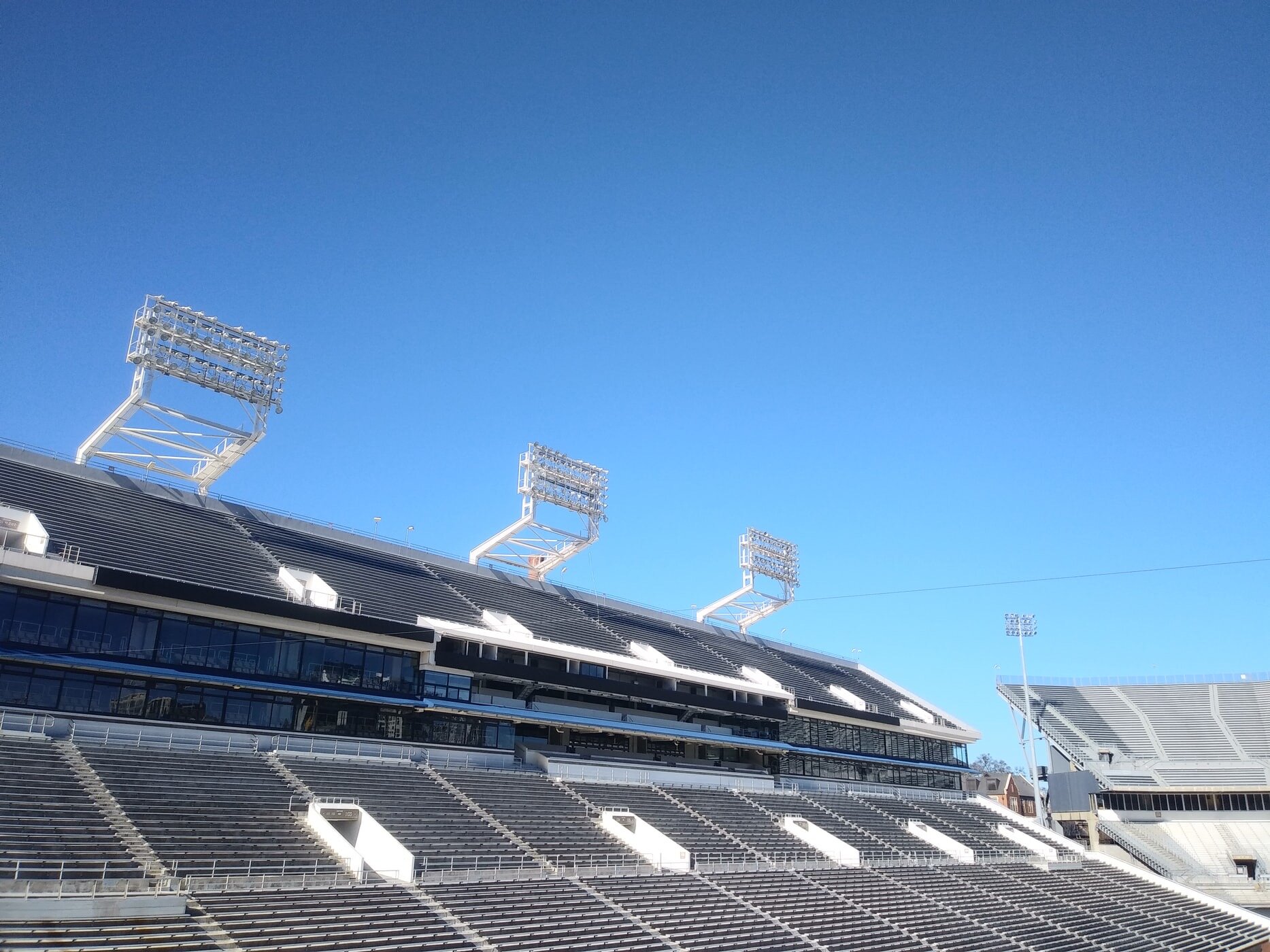“I got 99 problems and arbitration panel diversity is one!” This is what famous rapper Jay-Z probably felt like changing his song lyrics to when he experienced, first-hand, the lack of diversity amongst arbitrators in the arbitration system. Jay-Z had a dispute that arose out of a deal previously made, which had a mandatory arbitration agreement forcing parties to settle the dispute in arbitration with the service provider AAA to facilitate the arbitration. When it came time to select 3 arbitrators, out of a 200-name list, only 3 names were considered people of color, and one of them had a conflict of interest making them ineligible to sit on the neutral panel. It is not a true choice if there are not enough diverse arbitrators to choose from and it is important to recognize the possible affect that a lack of diverse arbitrators sitting on a neutral panel can have on a binding decision, which is why tacking the issue of diversity among arbitrators is essential.
Section 1071: Small Bank Sabotage?
Over the past year, COVID-19 has devastated small businesses across the country. For small businesses owned by minorities and women, the economic impact has been particularly salient. Now, small businesses have another obstacle to face: Section 1071 of the Dodd-Frank Act. Though Section 1071 is well-intentioned and aims to identify inequities in small business lending, its effects may prove to do more harm than good.
Efforts to Modernize Antitrust
In January 2007, the Economic Analysis Group at the Department of Justice Antitrust Division published a Discussion Paper entitled "Does Antitrust Need to be Modernized?" The paper reviewed whether "globalization and rapid technological change" necessitated changing federal antitrust laws. This Discussion Paper has proven prescient; it identified as a "key issue" the growing need for improving antitrust enforcement of alleged exclusionary conduct related to intellectual property.
"Alston" and What it Means for College Athletics and Antirust Law
In 2019, the Power Five FBS football conferences generated over $2.9 billion in revenue. The Big Ten Conference generated more than a quarter of that total, leading all over conferences in revenue generated at over $780 million. While the NCAA is in the process of evaluating rule changes that would allow student-athletes to engage in certain sponsorship agreements, student-athlete compensation has historically been limited to academic scholarships. But while both salaries and in-kind payments have increased significantly for coaches, "pay" to student-athletes has remained capped.
Should We Really Break Up Facebook?
Almost 70% of adults in the United States used Facebook in 2018. Interestingly, Facebook does not charge any of its 2.45 billion active users for access to its platform, but instead generates revenue by collecting and analyzing personal data to sell targeted advertisements. This enormous user base is the foundation of the company’s dominance in the social-networking industry. Indeed, Facebook-owned companies account for 90% of all time spent on social-networking sites. As a result, nearly 84% of all online social advertisement spending is paid to Facebook.






